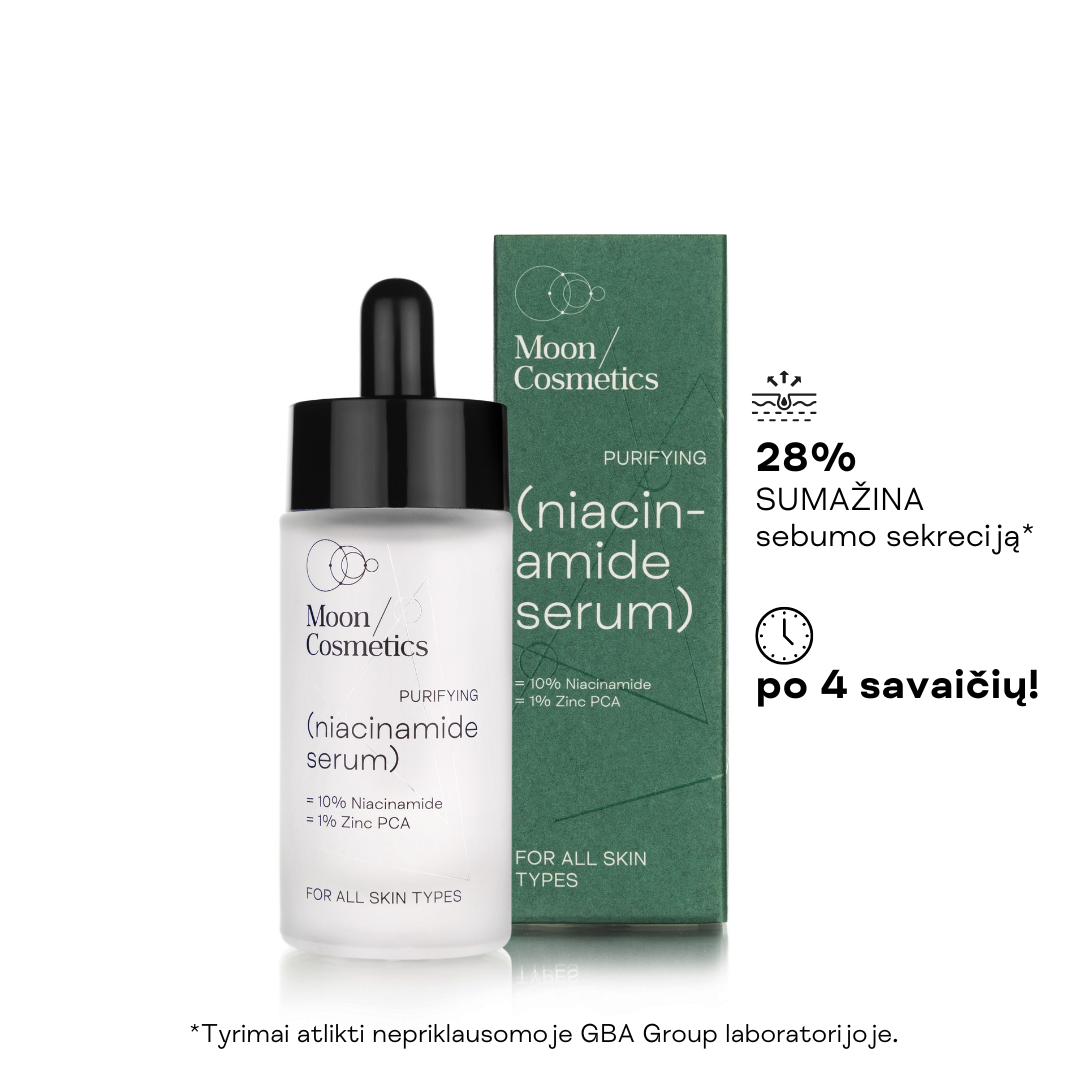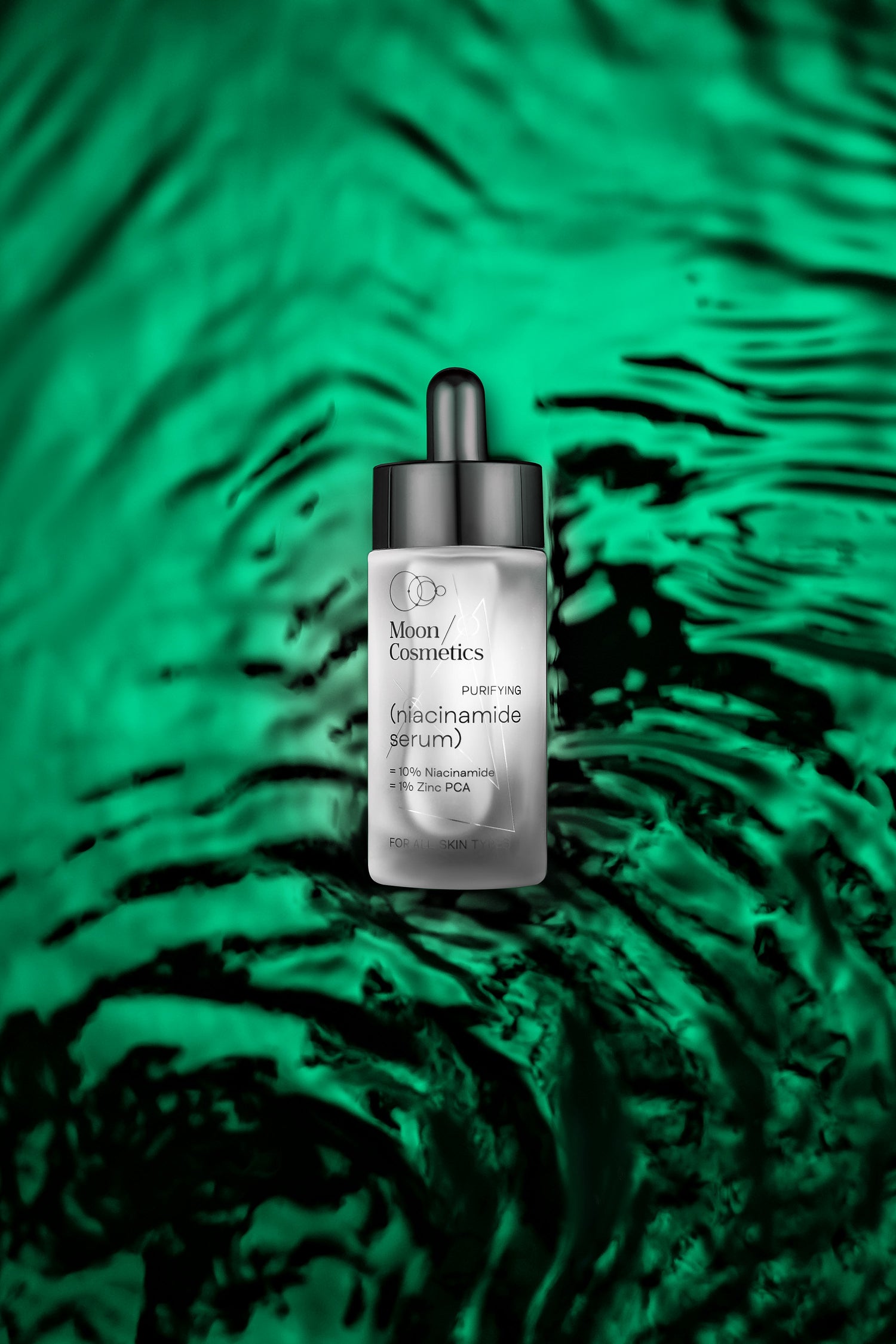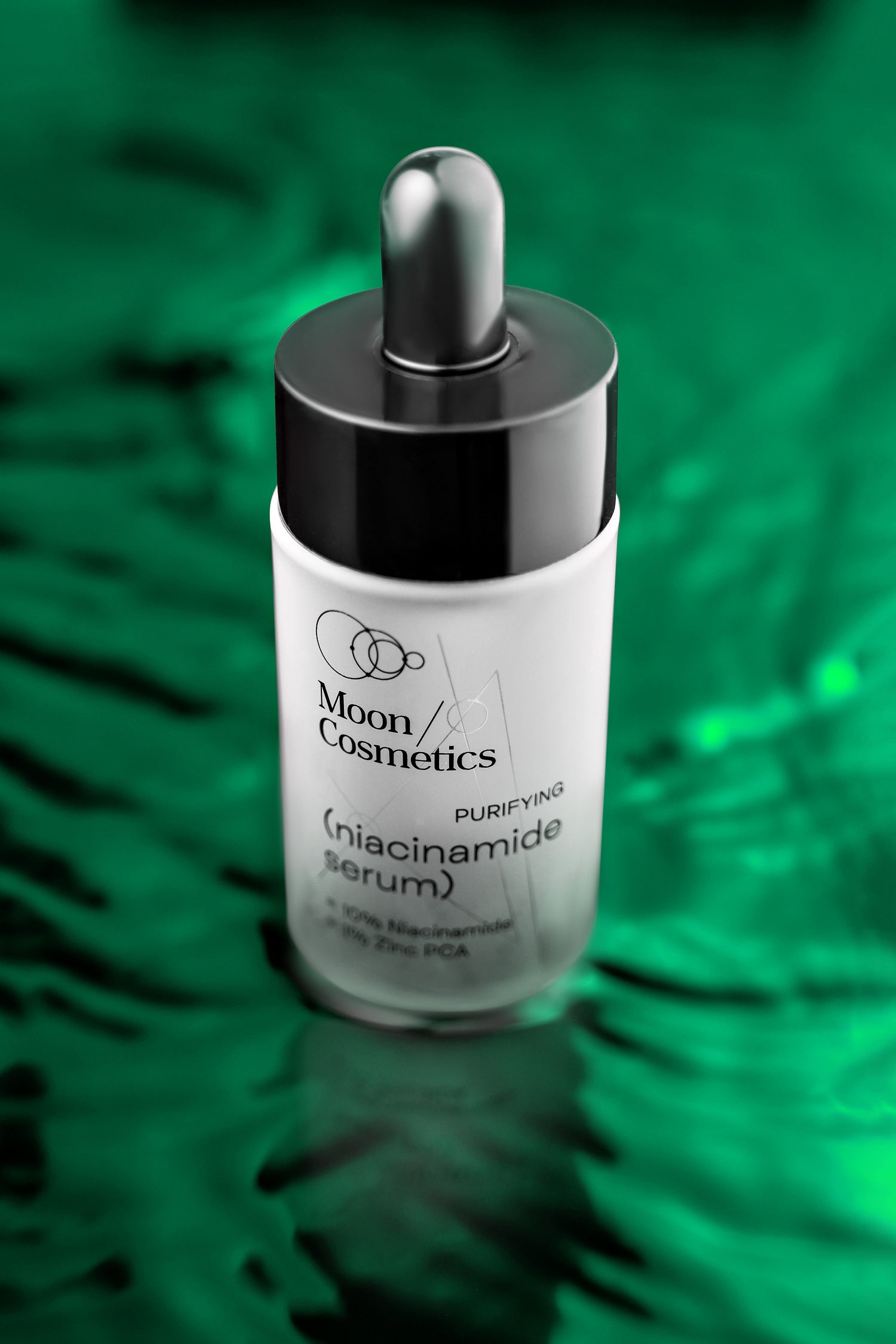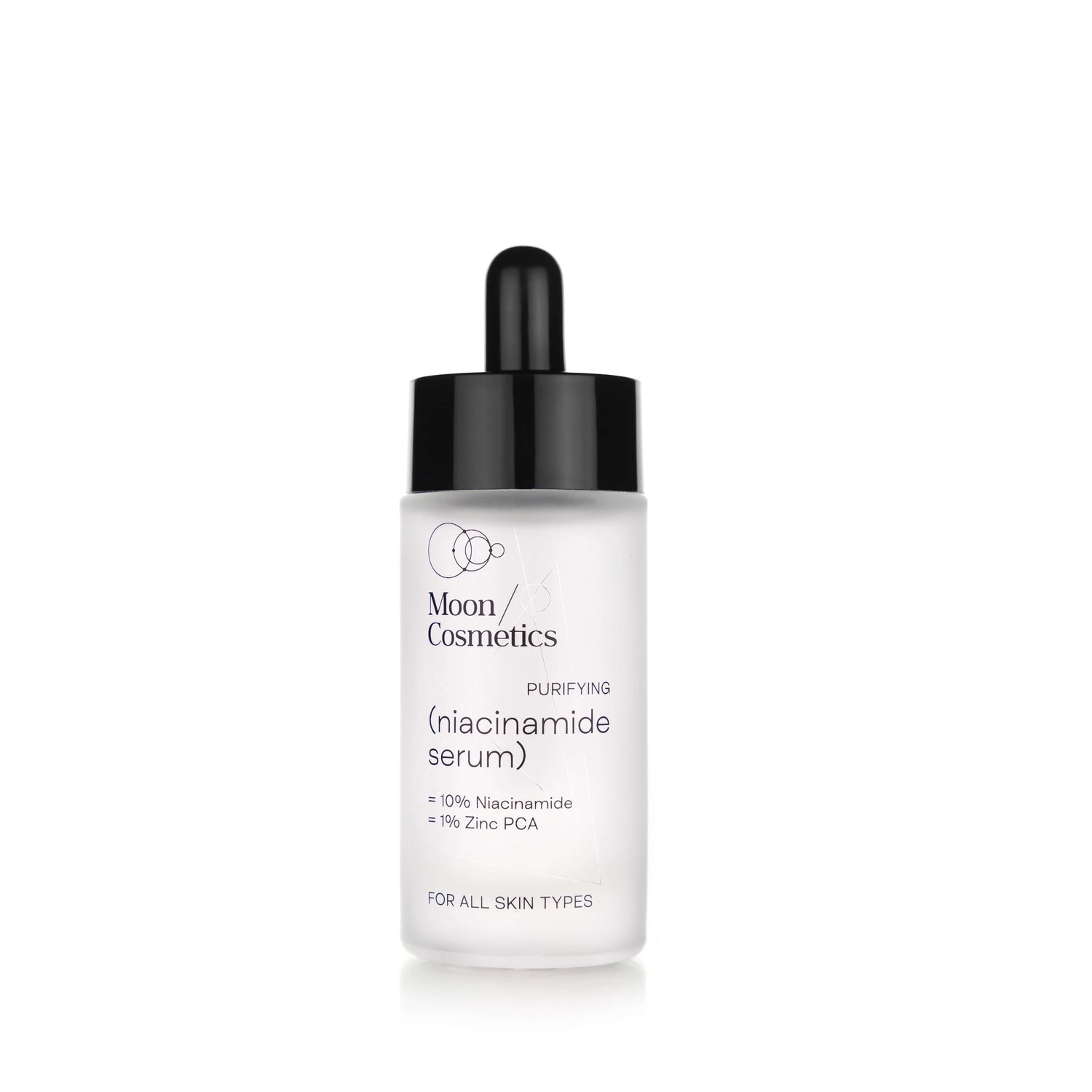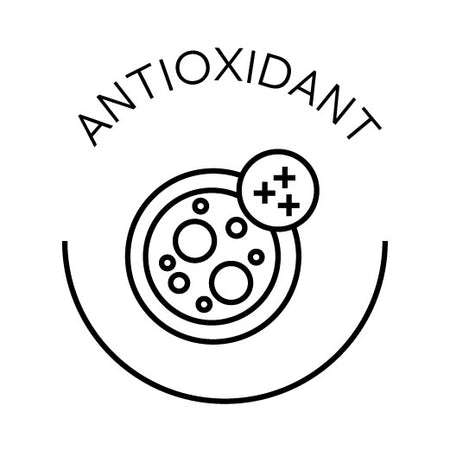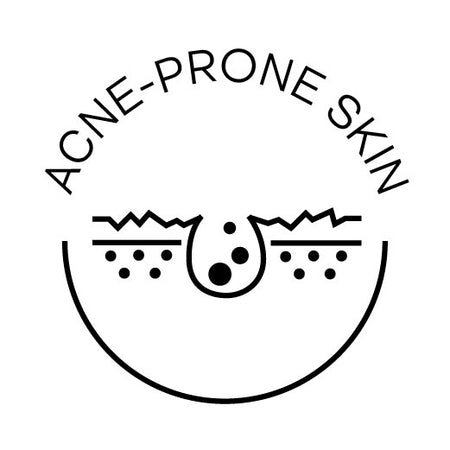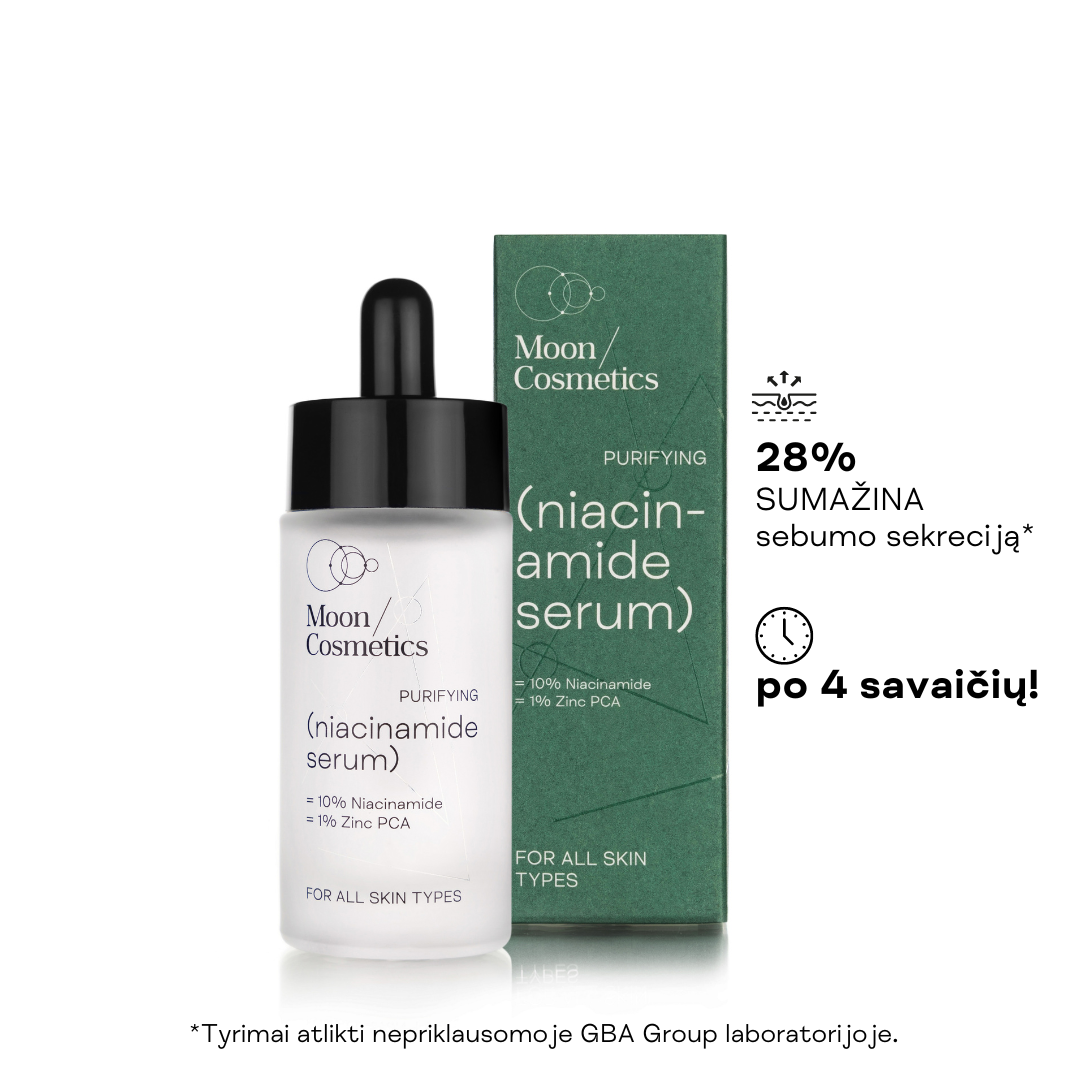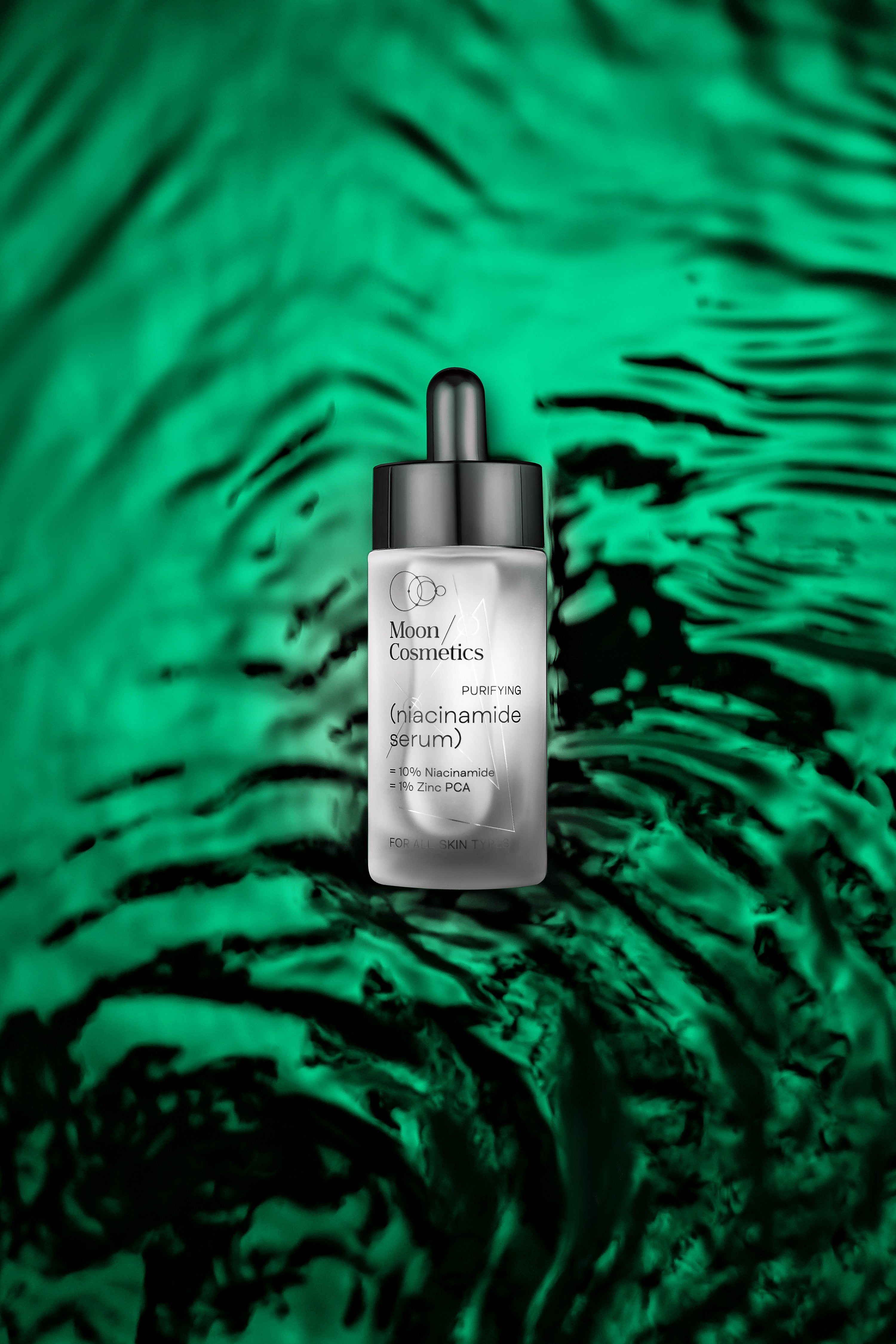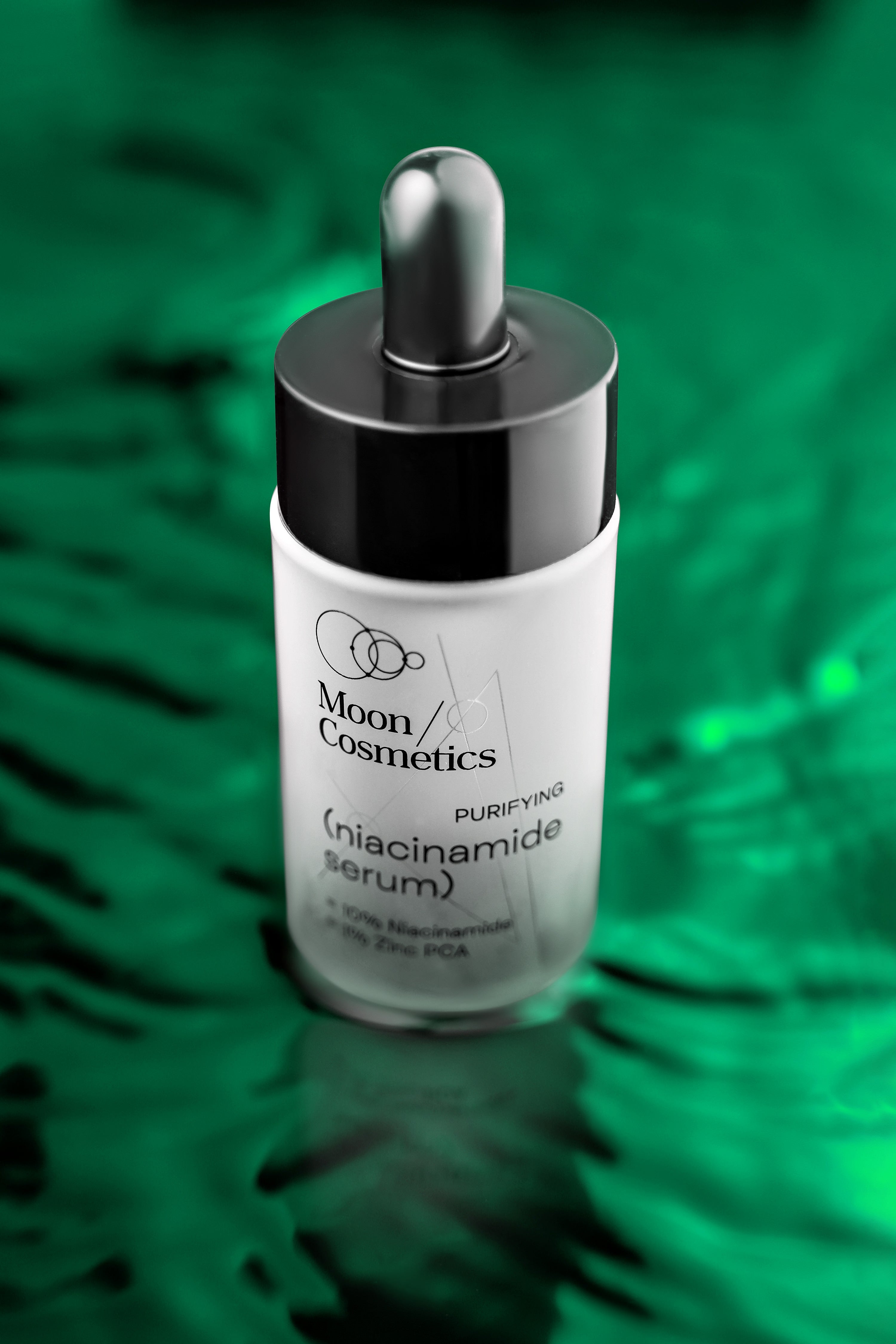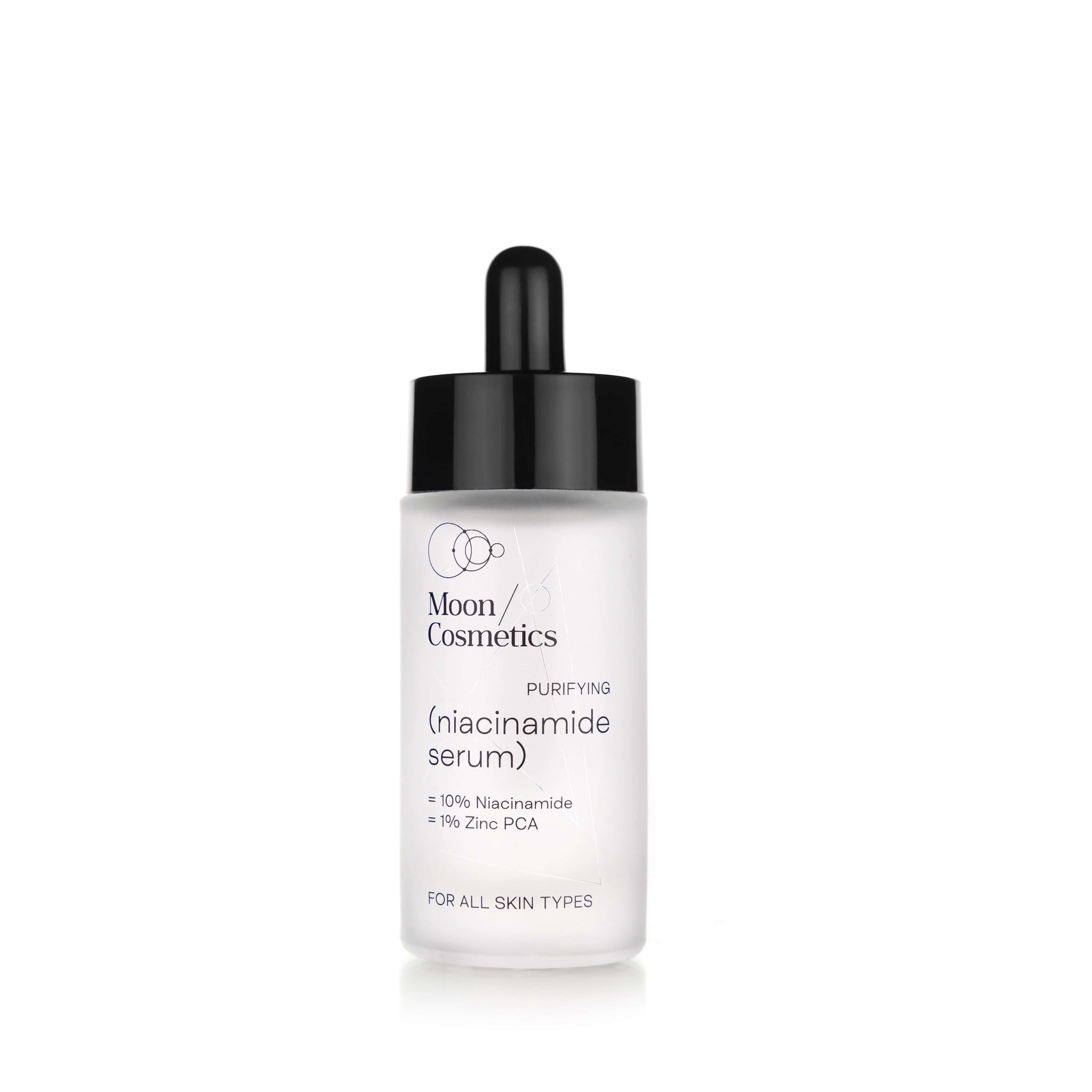8020063977702,
8020047462630,
8020058472678,
8020059554022,
8020045267174,
8013278544102,
8020061192422,
8771941761349,
8020060471526,
8836674978117,
8648402403653,
8020062929126,
8648402993477,
8786020499781,
8623419588933,
8365619708229,
8365628719429,
9185088667973,
8623473230149,
9268084277573,
9583882862917,
8020045267174,
8020062929126,
8020047462630,
8020063977702,
8020058472678,
8013278544102,
8020059554022,
8020061192422,
8771941761349,
8786020499781,
8365682917701,
8771941761349,
8786020499781,
8020063977702,
8020061192422,
8836674978117,
8786020499781,
9583225569605,
9583882862917,
8623419588933,
8020045267174,
8013278544102,
9268069269829,
8771941761349,
8648348762437,
8020047462630,
8020060471526,
9268084277573,
8020058472678,
8020059554022,
8020057719014,
8020062929126,
8020061946086,
8648402993477,
8020061192422,
8020063977702,
8836674978117,
8648402403653,
8786020499781,
8649251127621,
8365592314181,
8365688717637,
8365628719429,
8365524943173,
8365675086149,
8365673251141,
9553967776069,
8114925600998,
8365682917701,
8365619708229,
8114925764838,
8114924552422,
8365670695237,
9185088667973,
8623473230149,
8673477329221,
8708501897541,
8623419588933,
8020045267174,
8673477329221,
8673478181189,
8673477656901,
8673479000389,
8673477230917,
8673478705477,
8673478443333,
8708505370949,
8708502716741,
8708503699781,
8673477919045,
8708501897541,
8708504584517,
8708505928005,
9534861738309,
9534861312325,
8020060471526,
8020045267174,
8020062929126,
8020047462630,
8020061946086,
8020063977702,
8020058472678,
8013278544102,
8020059554022,
8020057719014,
8648348762437,
8648402993477,
8020061192422,
8673477329221,
8771941761349,
8836674978117,
8648402403653,
8673478181189,
8673477656901,
8673479000389,
8673477230917,
8673478705477,
8673478443333,
8708505370949,
8708502716741,
8623419588933,
8708503699781,
8673477919045,
8623473230149,
8708501897541,
8708504584517,
9268084277573,
8365592314181,
9268069269829,
8365675086149,
8365628719429,
8365673251141,
8114925764838,
8365688717637,
8114925600998,
8365619708229,
8114924552422,
8365682917701,
9553967776069,
8708505928005,
9583882862917,
9534861738309,
9534861312325,
9583225569605,
8365524943173,
8648402403653,
8013278544102,
8020045267174,
8771941761349,
9268069269829,
9583225569605,
9583882862917,
8020062929126,
8836674978117,
8020061946086,
8648402993477,
8020061192422,
9268084277573,
8020060471526,
8020058472678,
8020059554022,
8020057719014,
8020047462630,
8648348762437,
8708505928005,
9534861312325,
8673477656901,
8673479000389,
8673477329221,
8708503699781,
8708504584517,
8673478181189,
8673477919045,
8673477230917,
8673478705477,
8673478443333,
8708505370949,
8708502716741,
8708501897541,
9534861738309,
9268084277573,
8020060471526,
8623419588933,
8020045267174,
8020062929126,
8013278544102,
8020057719014,
8648402993477,
8648348762437,
8648402403653,
8649251127621,
8114925764838,
9185088667973,
8365524943173,
8623473230149,
9583225569605,
9583882862917,
9268084277573,
8020060471526,
8020045267174,
8020062929126,
8020047462630,
8020063977702,
8020058472678,
8020059554022,
8013278544102,
8020057719014,
8648402993477,
8020061192422,
8648348762437,
8648402403653,
8836674978117,
8623419588933,
8771941761349,
8623473230149,
8786020499781,
8365592314181,
8114925764838,
8365628719429,
8114925600998,
8365619708229,
9185088667973,
8365524943173,
8649251127621,
9583225569605,
9583882862917,
9268084277573,
9268069269829,
8020060471526,
8020062929126,
8020061946086,
8013278544102,
8648402993477,
8648348762437,
8648402403653,
8623419588933,
8649251127621,
8365673251141,
8365675086149,
8114924552422,
9185088667973,
8365670695237,
8623473230149,
9583882862917,
8020060471526,
8020045267174,
9268069269829,
9268084277573,
8020062929126,
8020061946086,
8013278544102,
8020057719014,
8648402993477,
8648348762437,
8648402403653,
8623419588933,
8649251127621,
8365673251141,
8114925764838,
8365675086149,
8114924552422,
9185088667973,
8365670695237,
8365524943173,
8623473230149,
9583225569605,
9583882862917,
9268084277573,
9268069269829,
8020060471526,
8020045267174,
8020062929126,
8020061946086,
8020058472678,
8013278544102,
8020057719014,
8648402993477,
8648348762437,
8648402403653,
8623419588933,
8649251127621,
8114925764838,
8365675086149,
8114924552422,
9185088667973,
8365524943173,
8623473230149,
9583225569605,
9583882862917,
9268084277573,
9268069269829,
8020060471526,
8020045267174,
8020062929126,
8020061946086,
8623419588933,
8020058472678,
8013278544102,
8020057719014,
8648402993477,
8020061192422,
8648348762437,
8648402403653,
8836674978117,
8649251127621,
8365673251141,
8365592314181,
8114925764838,
8365675086149,
8114924552422,
8114925600998,
9185088667973,
8365524943173,
8365670695237,
8623473230149,
9583225569605,
9583882862917,
8020060471526,
9268084277573,
8020045267174,
8020062929126,
8020047462630,
8020063977702,
8020058472678,
8020059554022,
8013278544102,
8020057719014,
8648402993477,
8020061192422,
8648348762437,
8648402403653,
8836674978117,
8771941761349,
8623419588933,
8649251127621,
8786020499781,
8365592314181,
8114925764838,
8365628719429,
8114925600998,
8365619708229,
9185088667973,
8365524943173,
8623473230149,
9583225569605,
9583882862917,
9268069269829,
9268084277573,
8020060471526,
8020045267174,
8020062929126,
8020058472678,
8623419588933,
8013278544102,
8020057719014,
8648348762437,
8648402403653,
8649251127621,
8114925764838,
9185088667973,
8365524943173,
8623473230149,
8836674978117,
8020061946086,
8648402993477,
9583225569605,
9583882862917,
9268084277573,
9583882862917,
9583225569605,
9268084277573,
9268069269829,
8020045267174,
8020062929126,
8020060471526,
8013278544102,
8020061946086,
8623419588933,
8648348762437,
8648402993477,
8648402403653,
8114924552422,
8365675086149,
8365670695237,
8365673251141,
9185088667973,
8649251127621,
8623473230149,
9583882862917,
8020061946086,
8020057719014,
8020061192422,
8114925764838,
8365524943173,
8020060471526,
8020045267174,
8020062929126,
8020047462630,
8020061946086,
8020063977702,
8020058472678,
8013278544102,
8020059554022,
8020057719014,
8648348762437,
8648402993477,
8020061192422,
8771941761349,
8836674978117,
8648402403653,
8623419588933,
8623473230149,
8649251127621,
9268084277573,
8786020499781,
8365592314181,
9268069269829,
8365675086149,
8365628719429,
8365673251141,
8114925764838,
8365688717637,
8114925600998,
8365619708229,
8114924552422,
8365682917701,
9553967776069,
9583882862917,
9185088667973,
9583225569605,
8365524943173,
8365670695237,
8020060471526,
8020045267174,
8020062929126,
8020047462630,
8020061946086,
8020063977702,
8020058472678,
8013278544102,
8020059554022,
8020057719014,
8648348762437,
8648402993477,
8020061192422,
8771941761349,
8836674978117,
8648402403653,
8623419588933,
9268084277573,
9268069269829,
8623473230149,
8013278544102,
8708504584517,
8020045267174,
8648348762437,
8648402403653,
8648402993477,
8649251127621,
8786020499781,
8020060471526,
8020062929126,
8020063977702,
8836674978117,
9583882862917,
9583225569605,
8649251127621,
8786020499781,
8020060471526,
8020045267174,
8020061946086,
8836674978117,
9268084277573,
9268069269829,
8020060471526,
8020061946086,
8020062929126,
8365673251141,
9583225569605,
9583882862917,
8020059554022,
8020063977702,
8020062929126,
8020047462630,
8020058472678,
8020061192422,
8708505370949,
8771941761349,
8786020499781,
8365682917701,
9583225569605,
9583882862917,
8020060471526,
8020045267174,
8020062929126,
8020047462630,
8020061946086,
8020063977702,
8020058472678,
8013278544102,
8020059554022,
8020057719014,
8648348762437,
8648402993477,
8020061192422,
8771941761349,
8836674978117,
8648402403653,
8623419588933,
8623473230149,
8649251127621,
9268084277573,
8786020499781,
8365592314181,
9268069269829,
8365675086149,
8365628719429,
8365673251141,
8114925764838,
8365688717637,
8365682917701,
8365619708229,
8114925600998,
8114924552422,
9553967776069,
9583882862917,
9185088667973,
9583225569605,
8365670695237,
8365524943173,
8836674978117,
9268084277573,
9268069269829,
9268069269829,
9268084277573,
8836674978117,
8648402403653,
8648402993477,
8020062929126,
8020060471526,
8013278544102,
8365592314181,
8114925600998,
8623419588933,
8623473230149,
9185088667973,
8649251127621,
9583882862917,
8365592314181,
8365675086149,
8365628719429,
8365673251141,
8114925764838,
8365688717637,
8365682917701,
8365619708229,
8114925600998,
8114924552422,
9185088667973,
8365670695237,
8365524943173,
8649251127621,
8786020499781,
8365592314181,
8365675086149,
8365628719429,
8365673251141,
8114925764838,
8114924552422,
8365688717637,
8365682917701,
8365619708229,
8114925600998,
8365524943173,
8365670695237,
9583882862917,
9583225569605,
8020060471526,
8020045267174,
8020062929126,
8020047462630,
8020061946086,
8020063977702,
8020058472678,
8013278544102,
8020059554022,
8020057719014,
8648348762437,
8648402993477,
8020061192422,
8771941761349,
8836674978117,
8648402403653,
8623419588933,
8623473230149,
8649251127621,
9268084277573,
8786020499781,
8365592314181,
9268069269829,
8365675086149,
8365628719429,
8365673251141,
8114925764838,
8365688717637,
8365682917701,
8365619708229,
8114925600998,
8114924552422,
9185088667973,
9583882862917,
9583225569605,
8365670695237,
8365524943173,
8020060471526,
8623419588933,
9268069269829,
9268084277573,
8020045267174,
8020062929126,
8020047462630,
8020061946086,
8020063977702,
8020058472678,
8020059554022,
8013278544102,
8020057719014,
8648402993477,
8020061192422,
8648348762437,
8648402403653,
8836674978117,
8771941761349,
8623473230149,
9553967776069,
9583225569605,
9583882862917,
8020062929126,



